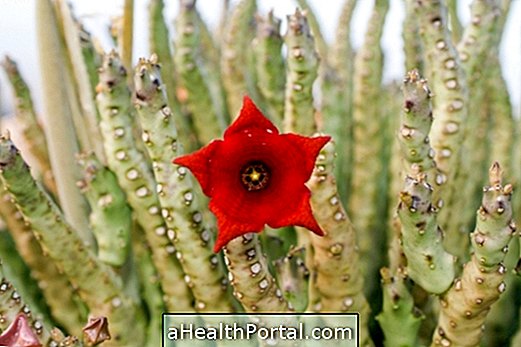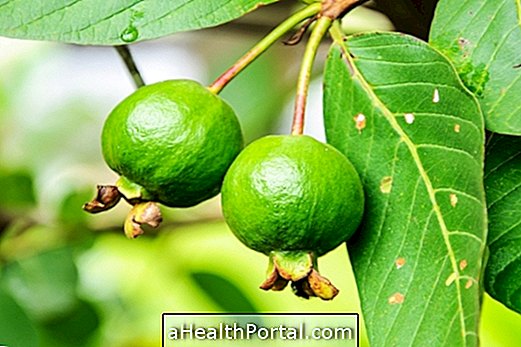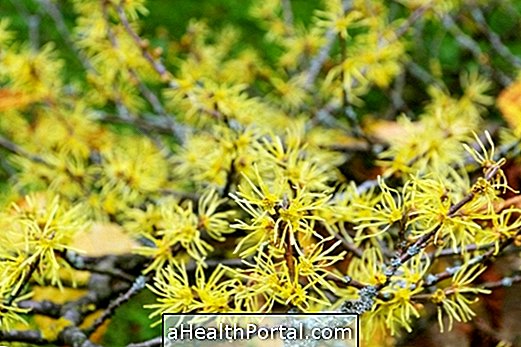Amalaki is a fruit considered by Ayurvedic medicine as the best for longevity and rejuvenation. This is because it has high concentrations of vitamin C in its composition, which makes it an important anti-oxidant. In addition to vitamin C, Amalaki is made up of other substances such as tannins, ellagic acid, campferol and flavonoids. Find out what flavonoids are and where to find them.
In addition to being known for its benefits and antioxidant properties, Amalaki is popular in the region where it is found to have five different flavors in a single fruit: sweet, bitter, spicy, astringent and sour. This variety of flavors allows Amalaki to be used in different ways.

Benefits of Amalaki
Amalaki is widely used in everyday life because of its high antioxidant potential due to the high concentration of vitamin C. Thus, Amalaki has several benefits such as:
- Helps the metabolism, digestion and elimination of substances;
- It has anti-inflammatory properties;
- It has anti-oxidant properties;
- Helps the immune system;
- Improves and nourishes the skin, nails and hair, as it stimulates the production of cholesterol and elastin;
- It lowers blood pressure and cholesterol levels, and can be used to treat atherosclerosis and heart disease;
- It lowers blood glucose concentration and is used in diabetes.
In addition, it can be used to treat constipation and decrease cancerous cells and, consequently, metastases. Although it has several benefits, Amalaki should be consumed with caution as it can greatly reduce blood pressure or blood glucose concentration.
Amalaki has a slightly laxative property, ie, if consumed in large quantities, there may be diarrhea. Therefore, it is important to pay attention to the quantity consumed.
Usage option
Amalaki is rare to find as fruit in Brazil, however, it can be found in tablet form. Consumption varies according to the medical recommendation, but a tablet of 2 to 4 mg per day may be ingested. If in the form of fruit, one can consume 1/2 of soup 15 minutes before breakfast and dinner.
























